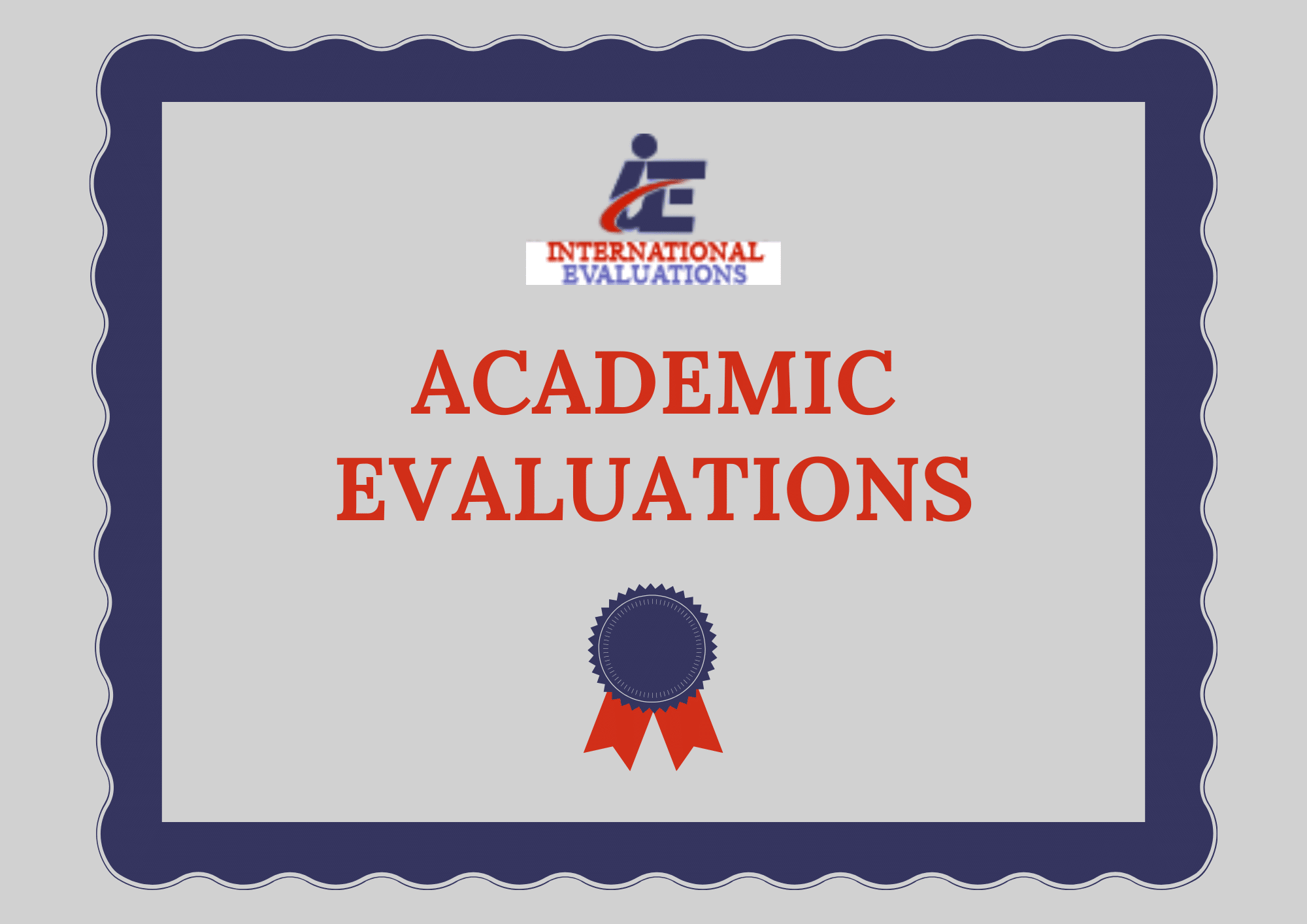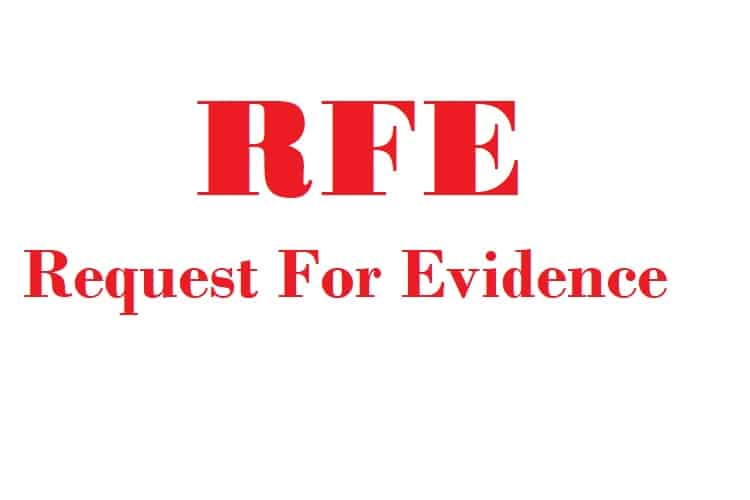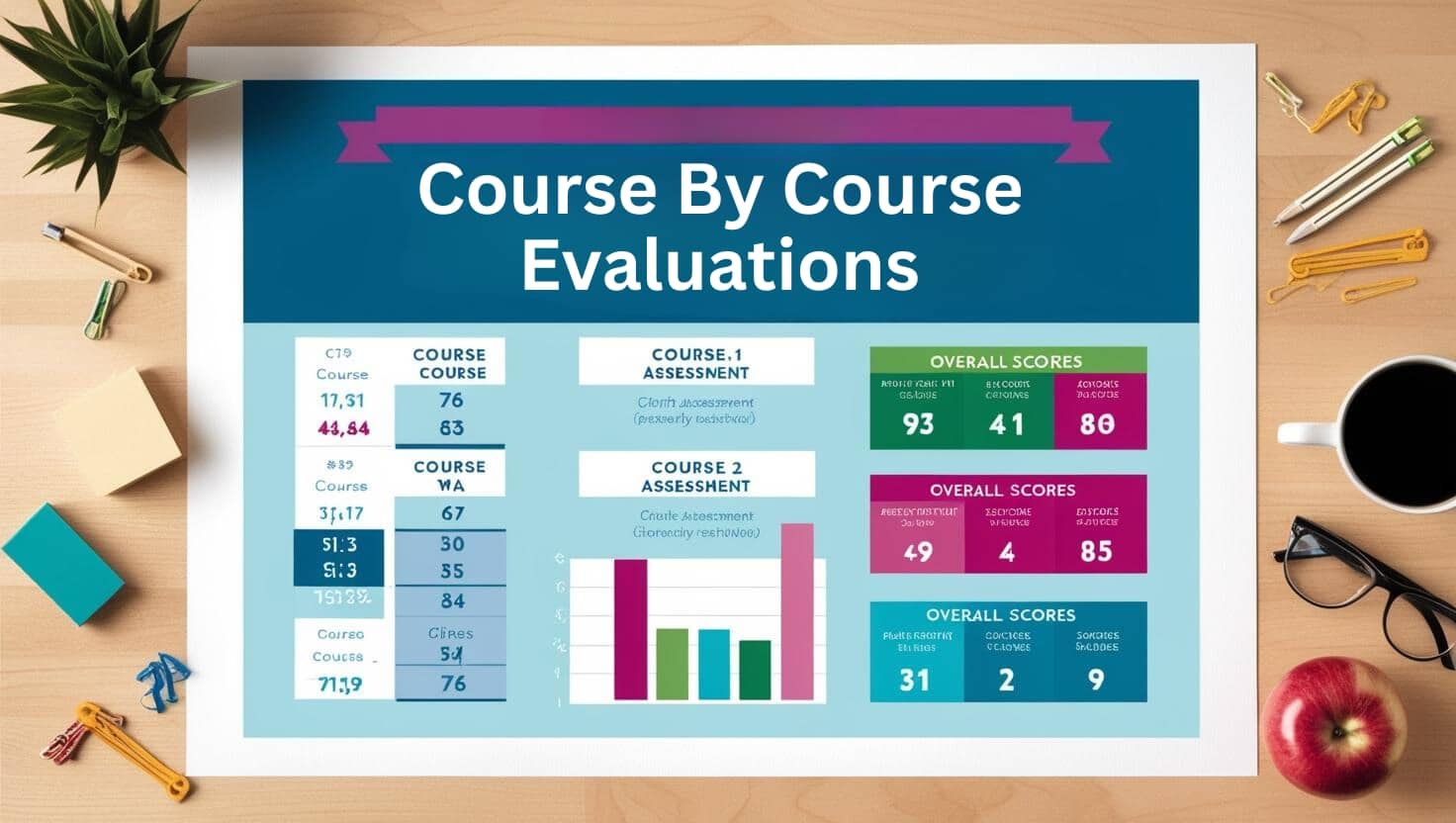Introduction
In our significantly globalized world, the significance of academic qualifications can vary drastically from one nation to another. As services and universities aim to embrace variety, understanding worldwide credentials has ended up being a vital requirement. This is where international credential examination services action in. These services assist in translating foreign qualifications into formats that are reasonable and acceptable within different contexts, thus enabling people to harness their complete possible no matter where they come from.
Credential examination is not simply a bureaucratic process; it's a necessary tool that fosters inclusivity and variety. By verifying academic records, work experiences, and expert accomplishments through different techniques-- such as course-by-course credential evaluation and work experience evaluation-- these services make sure that certified people get the recognition they deserve.
In this comprehensive article, we https://reidkkhf802.almoheet-travel.com/the-effect-of-course-by-course-evaluations-on-your-future-educational-opportunities will dig deeply into the numerous aspects of international credential assessment services, explore its function in welcoming variety, and offer insight into how these assessments are carried out. So, let's embark on this journey to comprehend how we can construct a more inclusive society through reliable credential evaluation.

Understanding Academic Credential Evaluation
What Is Academic Credential Evaluation?
Academic credential assessment is the process of examining and translating academic certifications gotten from foreign institutions. This evaluation assists employers, universities, licensing boards, and other entities comprehend what a prospect's credentials imply in their specific context.
Why Is It Necessary?
The need for academic credential assessments comes from the globalization of education and employment. With people moving for much better opportunities or looking for education abroad, it becomes crucial to have a standardized method for evaluating their qualifications.
The Role of International Credential Assessment Services
International credential evaluation services specialize in offering assessments that are recognized globally. They consider different aspects such as:
- Institutional Recognition: Critics inspect if the providing organization is accredited. Program Content: Comprehending course content to identify equivalency. Duration of Study: For how long was the program? Was it part-time or full-time?
These aspects contribute significantly to providing accurate evaluations.
Types of Credential Evaluations Offered
Course-by-Course Credential Evaluation
One of the most comprehensive types of assessment is a course-by-course credential evaluation, which breaks down each course taken during an individual's studies. This type of assessment assists in:
- Determining equivalent courses in the U.S. Assigning credit hours for each course. Providing in-depth information about grades received.
Work Experience Evaluation
Evaluating work experience is crucial for specialists whose credentials may not be strictly academic however are however legitimate. This type of examination can include:
- Analyzing job descriptions. Assessing skills and proficiencies acquired through employment. Establishing equivalence with regional standards.
By doing so, people can verify their expert experiences as part of their credentials.
Expert Opinion Letter
An expert opinion letter functions as an additional layer of recognition where specialists evaluate a prospect's certifications based upon their experience and knowledge about industry standards. This letter can be particularly helpful when:
- The individual does not have formal education but possesses considerable skills. There is obscurity relating to international credentials.
This includes reliability to applications across various sectors.
Business Strategy Evaluation
For entrepreneurs wanting to begin businesses abroad or protect funding, a business plan evaluation examines whether their proposed company lines up with local guidelines and market needs. This consists of:
- Financial projections. Market analysis. Risk assessments.
Evaluating business plans allows financiers and stakeholders to make informed choices while considering varied concepts from different cultures.
The Importance of Embracing Diversity Through Credential Evaluation
Fostering Inclusivity in Education
Embracing diversity through global credential evaluation services promotes inclusivity in universities by ensuring that deserving prospects have access to college opportunities regardless of where they made their degrees.
Case Study: University Admissions
Consider a university that accepts worldwide trainees however does not have robust processes for examining foreign credentials. By partnering with reputable international credential critics, they can:
Increase the diversity of their trainee population. Ensure fair admissions processes. Encourage cross-cultural interactions amongst students.This straight enriches the scholastic environment and prepares all trainees for a globalized workforce.
Enhancing Workforce Diversity
Incorporating varied skills into work environments provides numerous advantages such as ingenious solutions and differed perspectives. With correct examinations:
Employers can recognize competent prospects who may otherwise be neglected due to unfamiliar academic backgrounds. Companies can much better align groups with cultural skills-- essential for serving international customers effectively.Example: Multinational Corporations
Multinational corporations typically count on diverse groups to navigate intricate markets efficiently. By utilizing international credential examinations:
They attract leading talent globally. Foster innovation through varied experiences. Strengthen brand name credibility by showcasing inclusivity.Challenges Dealt with by International Credential Evaluators
Variability in Educational Systems
One major challenge faced by critics is the variability in instructional systems worldwide. Differences in grading systems, curricula structure, and degree nomenclature can complicate assessments significantly.
Addressing Obstacles Through Thorough Research
To deal with these obstacles effectively:
Evaluators should remain updated on academic trends worldwide. Collaborate with foreign institutions for much better insights into their programs.By being proactive, evaluators improve accuracy while promoting trust within communities served by these evaluations.
Misconceptions About International Credentials
Another difficulty involves mistaken beliefs surrounding foreign degrees-- for example, assumptions that non-U.S.-based degrees do not satisfy local standards without extensive investigation or insight into equivalences.
Overcoming Misconceptions
Educational organizations should actively promote awareness regarding accepted foreign certifications through workshops or informational sessions targeting both employee and prospective students alike-- therefore resolving myths surrounding international credentials!
The Process Associated with Academic Credential Evaluation
Step 1: Submission of Documents
The primary step involves people sending appropriate documents such as diplomas/transcripts along with any required supplementary details (e.g., curricula) for thorough examination by evaluators.
Required Documents Include:
- Official transcripts Degree certificates Course descriptions (if offered)
Step 2: Review & & Analysis
Upon invoice, evaluators perform careful evaluations concentrating on aspects like institutional accreditation status followed by an analysis versus basic criteria established locally (i.e., U.S.-based standards).
Key Factors to consider Throughout Evaluation:
Program length Grading scale conversion Equivalence determination based upon curriculum contentThis stage makes sure detailed understanding before rendering last judgments about equivalency!
Step 3: Issuing Reports
After performing evaluations effectively comes report issuance-- a formal file detailing findings including recommendations regarding equivalencies achieved together with any supporting letters (if suitable).
Types Of Reports Available:
General details reports 2. Course-by-course reports 3. Work experience examinationsThese reports empower individuals during application procedures throughout numerous domains-- eventually promoting engagement based upon confirmed achievements!


How Organizations Benefit From Credential Evaluations
Improving Hiring Processes
Organizations stand significantly benefited when incorporating trustworthy global credential assessments into working with practices! With enhanced insights originated from validated backgrounds ...
1 ... Working with managers acquire confidence understanding applicants possess ideal knowledge/skills lining up with task functions! 2 ... Business decrease skill acquisition threats associated formerly unverified claims!
This leads towards developing strong teams built on meritocracy rather than predispositions formed out-of-familiarity!
Enabling Professional Advancement Opportunities
By acknowledging legitimate experiences/qualifications gotten internationally ...
1 ... Employers can set targeted training programs catering towards skill spaces recognized during evaluations! 2 ... Individuals engage confidently establishing essential competencies guaranteeing profession advancement!
This shared investment results favorably affecting general office spirits together with increased performance levels sustained with time!
FAQs About International Credential Evaluation Services
What Are International Credential Evaluation Services?
International credential evaluation services assess scholastic records gotten outside one's home nation-- translating them into formats comprehensible locally while ensuring rigorous standards maintained throughout!
Why Do I Required My Qualifications Evaluated?
Credential examinations provide clearness concerning your credentials aiding universities/employers acknowledging your worth properly thus helping with smoother transitions within competitive environments!
How Long Does the Assessment Process Take?
Typically ranges anywhere in between 7-- 14 business days relying on complexity involved; prompt submissions along with precise paperwork typically expedite processing timelines!
What Kinds of Qualifications Are Evaluated?
Evaluators consider all forms including diplomas/certificates showing secondary/post-secondary education levels combined together with work-related experiences yielding detailed evaluations tailored accordingly!
Can I Appeal An Examination Decision?
Yes! If unsatisfied with results received-- you may ask for re-evaluation supplying extra materials/documentation further supporting your case enhancing chances positively reconsidered thoroughly aligned possible results sought after!
Conclusion
In conclusion, accepting diversity through worldwide credential assessment services plays an instrumental function in producing inclusive societies where everybody has equal opportunities no matter where they come from or how they've accomplished their goals academically/professionally!
As we browse this complicated landscape filled challenges ahead-- it ends up being evident partnership between companies offering these important services together with academic institutions/employers holds key unlocking paths leading towards success!
Ultimately making every effort towards acceptance/diversity enhances our cumulative capabilities equipping us dealing with future undertakings-- guaranteeing no qualified person remains overlooked merely due to the fact that unfamiliarity exists surrounding their backgrounds!
Enriching our world needs dedication creating connections beyond borders allowing skill grow irrespective origin stories unfold; together let us continue champion efforts guaranteeing every voice heard valued popular going beyond differences eventually coming united function driven advancing progress together!